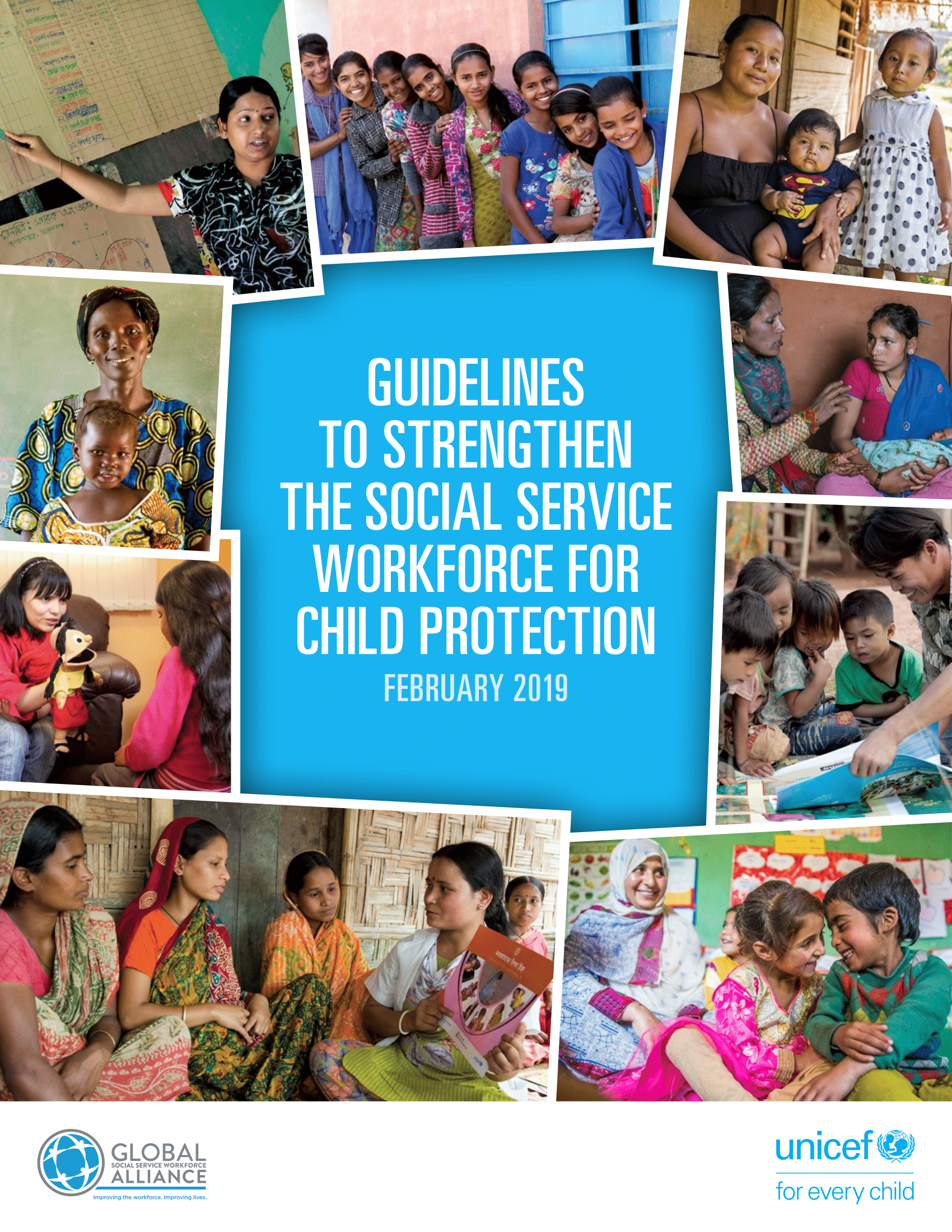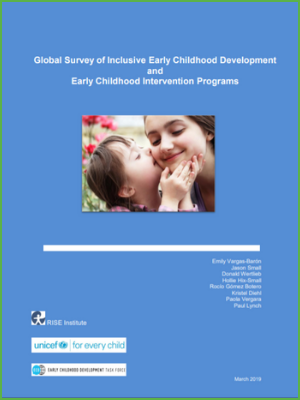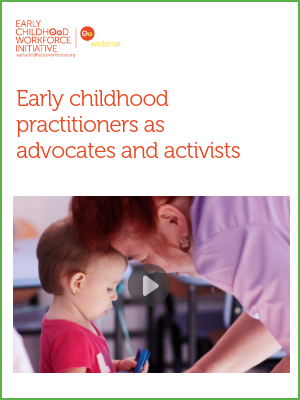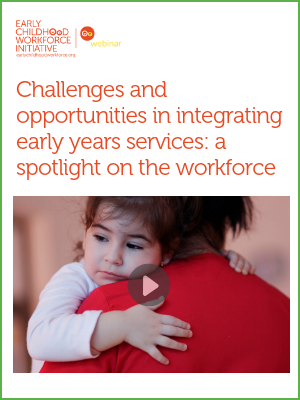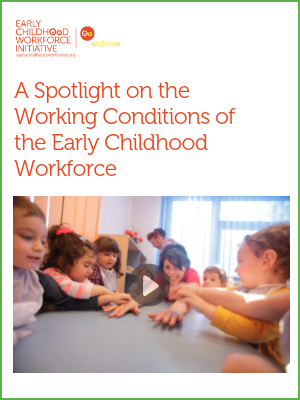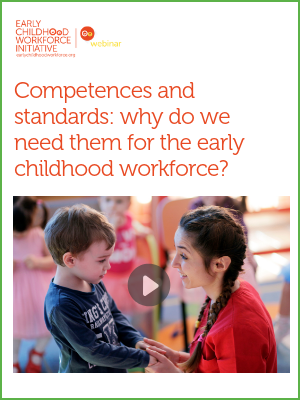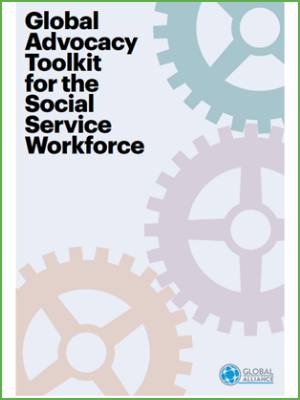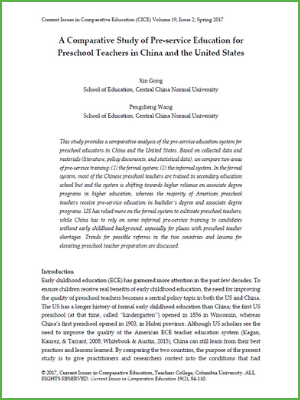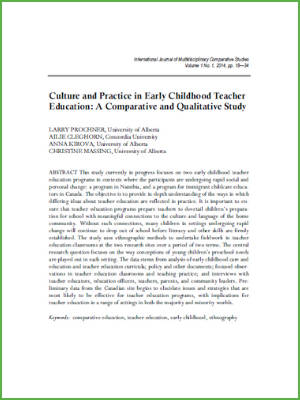International Labor Organization |The Promotion of Decent Work for ECE Personnel
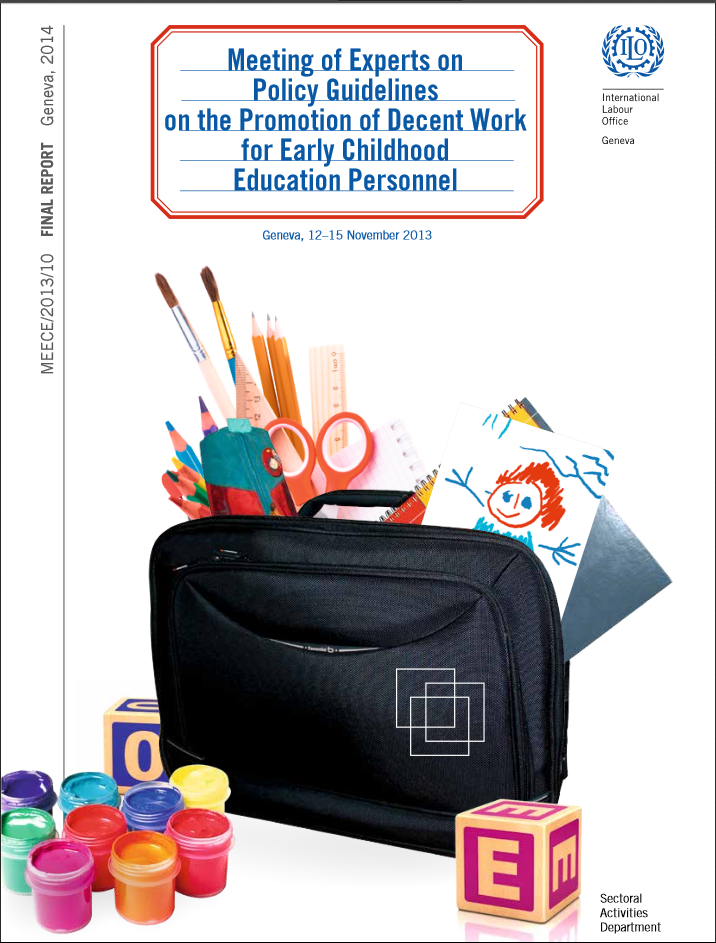
These Guidelines are the first international text dealing specifically with the status of early childhood education personnel. The Guidelines set out principles for the promotion of decent work for ECE personnel as a means of ensuring universal access to high-quality ECE services. In this respect they
cover conditions of work and employment of ECE personnel and related issues. More precisely, the issues covered are:
- General roles, rights and responsibilities
- ECE objectives and policies
- Preparation for the profession
- Recruitment, deployment and retention
- Professional and career development
- Employment terms and conditions
- Learning and teaching conditions
- Social security and social protection
- Evaluating ECE personnel to support quality practice
- ECE governance and social dialogue
The Guidelines are meant to serve as a reference tool on principles that should be reflected in the design and implementation of ECE measures such as policies, strategies, legislation, administrative measures and social dialogue mechanisms, including collective bargaining agreements. The Guidelines can be implemented progressively to achieve their objectives so as to take account of different national settings, cultures, and social, economic and political contexts.
Authors: Year of Publication:2013
www.ilo.org


